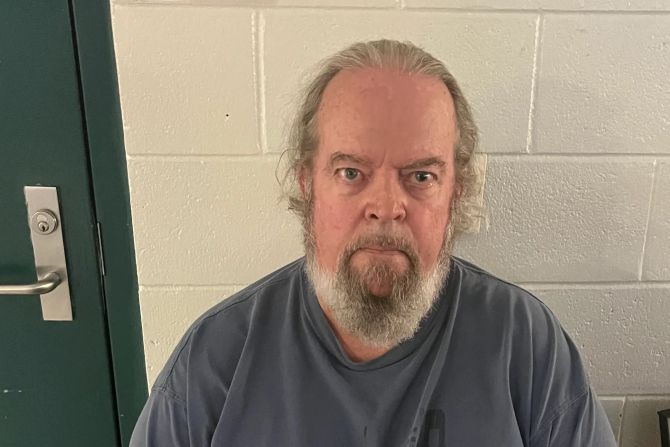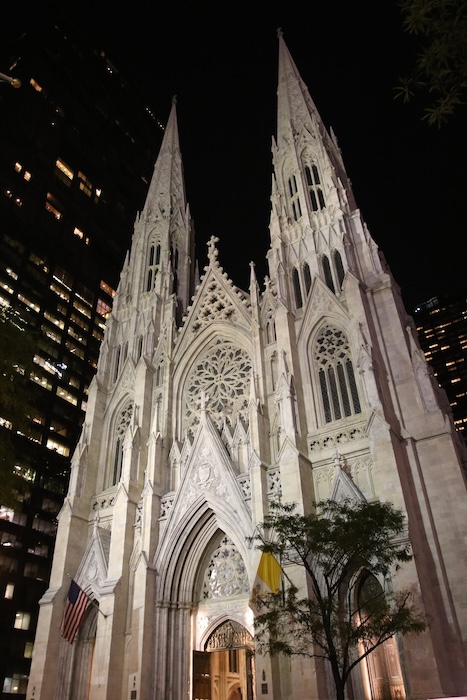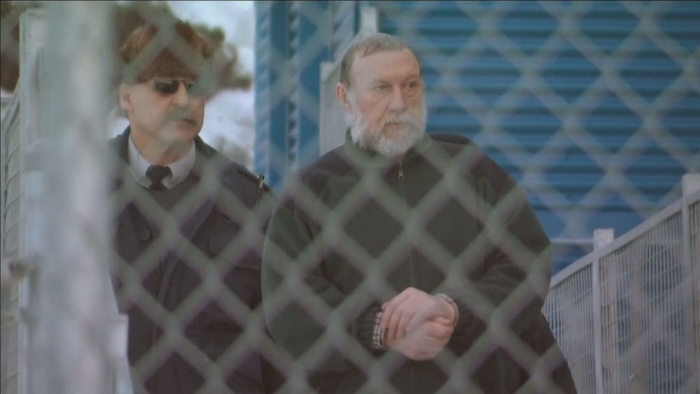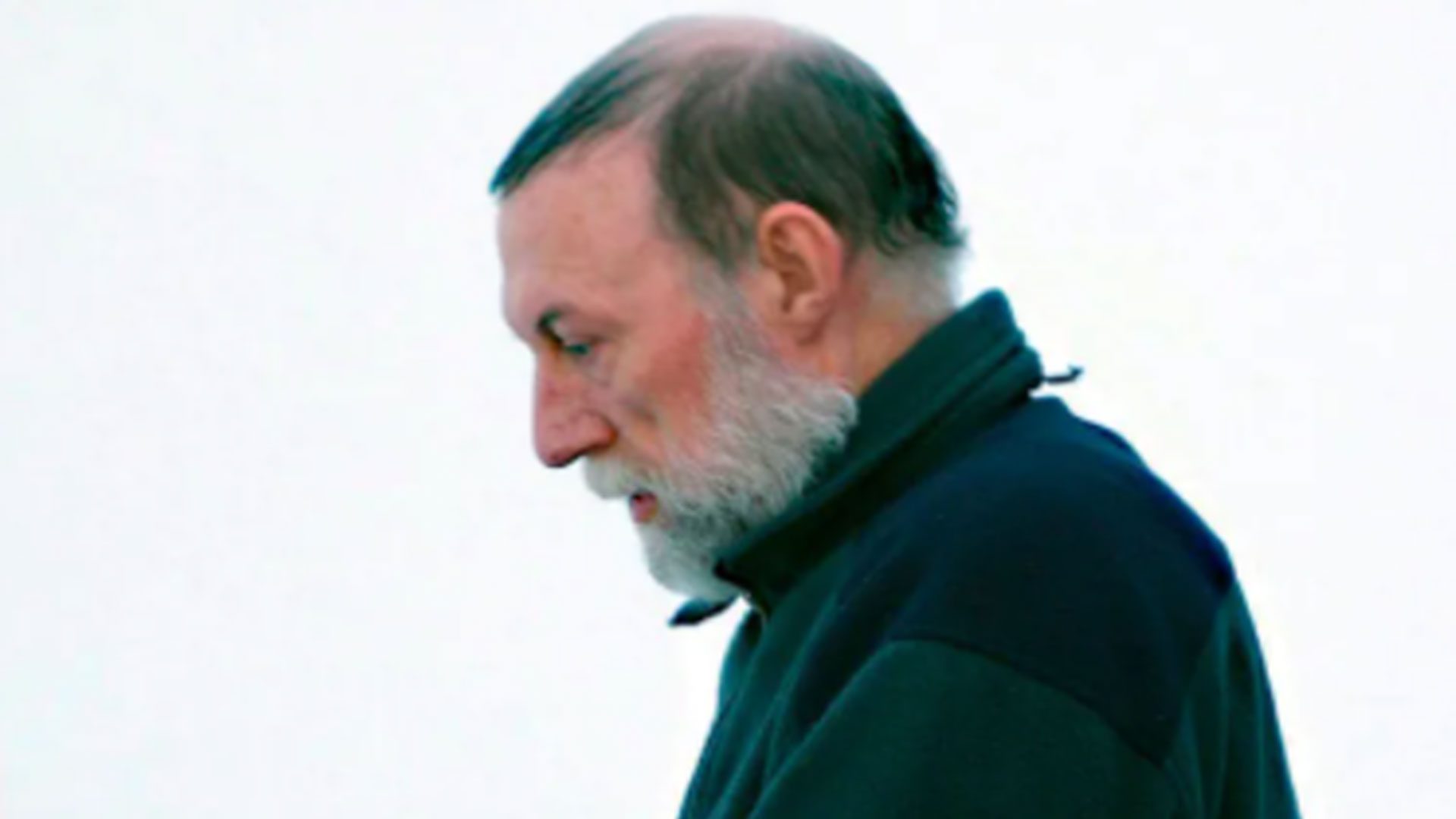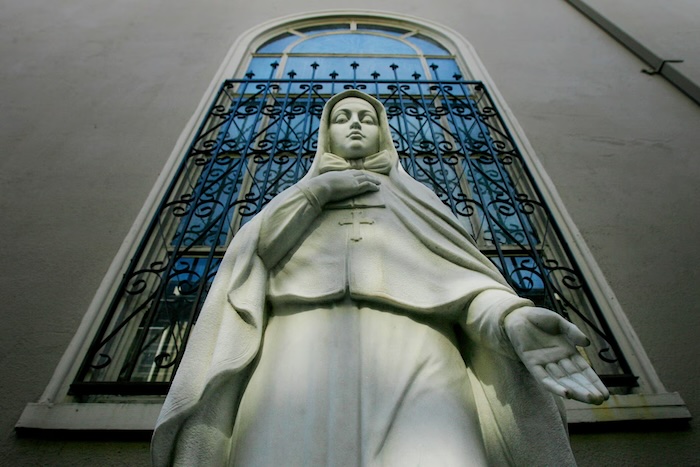Twenty years ago this month, what’s thought to be the nation’s first memorial to victims of clergy sexual abuse was unveiled at a church in a quiet corner of Morris County.
Today, two of the men who achieved that milestone at St. Joseph’s Catholic Church in Mendham are still challenging church leaders to acknowledge that “a lot of work still needs to be done.”
“They still don’t get it,” said Monsignor Kenneth Lasch of his fellow clergy.
Lasch, now retired, was pastor at St. Joseph’s in 1994 when victims of long-rumored sexual abuse at the church finally went public.

After the first of those survivors, Mark Serrano, came forward, “my life changed forever at that point,” Lasch said in an interview, as the U.S. marked National Child Abuse Prevention Month.
A local tragedy gained national attention
Serrano would later became a national advocate for clergy abuse victims through the Survivors Network of Those Abused by Priests (SNAP). He took his story to the New York Times in 2002. The resulting front-page article brought national attention to a shocking local scandal.
More victims would soon come forward, including William Crane Jr., who with his twin brother was abused by clergy both at St. Joseph’s and the nearby Delbarton School, where he lived on campus while his father served as assistant headmaster.
A priest at St. Joseph’s, the Rev. James Hanley, was eventually defrocked after admitting he molested at least a dozen children and claiming Crane was the last.
Lasch, then St. Joseph’s pastor, was “floored” by the allegations but stood behind Serrano as he shared his story with the public.
“It wasn’t the first time that I had come across a priest predator, but this was the first time I came across something as terrible as Hanley,” Lasch said. “He was the worst, a serial predator.”
Crane, who now lives in the Seattle area, also spoke recently about the remembrance he helped establish at St. Joseph’s, known as the Millstone Memorial.
Mendham memorial’s Biblical inspiration
Crane began funding the initial design and creation of the Millstone Memorial, a project that also gained national attention. He credits Lasch for navigating the church’s opposition to the project and getting the 420-pound circular basalt stone placed outside of the church in 2004.
The millstone, Crane said, was chosen for its Biblical symbolism in the Book of Matthew: “Whoso shall offend one of these little ones which believe in me, it were better for him that a millstone were hanged about his neck, and that he were drowned in the depth of the sea.”
The verse is engraved on a plaque on the memorial, which once included two child-sized figurines of a boy and a girl. Those were vandalized several years ago and still have not been replaced, but the millstone itself remains intact.
“It’s a miracle in itself that the Millstone Memorial is still there,” Crane said. “I still see opposition from church leaders who are in denial to this day.”
“Somebody questioned me when it first went up,” Lasch said. “We owe these victims a tribute for what they have suffered. So don’t give me any crap about it being inappropriate. It’s part of our history and we don’t want it to happen again.”
Lasch said he is unaware of any recognition or related events conducted by the church for the memorial’s 20th anniversary. The Diocese of Paterson did not respond to multiple requests for comment this month.

Delbarton lawsuits settled
In 2004, the diocese settled lawsuits with 21 of Hanley’s accusers for nearly $5 million. Haney died in 2020, spending his final days in a nursing home. He was still receiving a stipend from the church when he died, his attorney said at the time.
In 2018, the Order of St. Benedict of New Jersey and St. Mary’s Abbey, which operates Delbarton, settled five more lawsuits with men who alleged they were sexually abused by five monks — including a former headmaster of the school.
Another priest and former Delbarton teacher at the center of additional lawsuits admitted to having sexual encounters with about 50 boys, according to court documents. That priest, Timothy Brennan, who was accused in three of the settled cases, was convicted in 1988 for aggravated sexual contact with a 15-year-old Delbarton student. Brennan died in 2019.
Suicide spurs Millstone Memorial
As the clergy-abuse scandal gained more attention in 2003, Crane, Lasch and others gathered at the funeral of another Hanley victim, James Thomas Kelly, after Kelly killed himself by stepping in front of a train. They discussed the need for a permanent memorial.
“Many folks told me it would never happen, the church would never allow it,” Crane said. “My response was that I would put the memorial on a trailer and have it paraded around every Sunday until they did allow it.”

Twenty years later, the memorial still resonates with Crane. Living 3,000 miles away from his worst nightmares, he still struggles with his ordeal and had “kept my sword down” for about three years until a reporter contacted him recently about the anniversary.
“This battle has taken a toll on me and countless other victims,” said Crane, 58, who also became a SNAP advocate and remains critical of the Catholic Church.
“It’s like trying to boil the Atlantic Ocean with a BIC lighter,” he said. “It’s an exercise in futility to think that at any point they are going to change. It will wear you down.”
Catholic leaders ‘still don’t get it,’ he says
Lasch retired in 2004 and lives in the Cedar Crest Retirement Village in Pequannock. He said his relationship with the Church is “OK” and that he has a strong rapport with current Paterson Diocese Bishop Kevin Sweeney. But the former pastor did not hold back about Catholic leadership in general and what he sees as a failure to recognize and adequately address the legacy of clergy abuse in America.
He continues to conduct funerals and publicly advocate for abuse victims. He also suffers from PTSD, he said, “mostly from dealing with the church.”
“I love the church. I didn’t walk out,” Lasch said. “But it was amazing, the silence of the priests. Some of my best friends, one of them said to me. ‘You know if you didn’t get involved with all this stuff, you wouldn’t be dealing with PTSD.’ They walked away. They just became silent. And the bishops … they still don’t get it.”
After years of criminal indictments and civil-court settlements, Lasch said the church is “fulfilling the letter of the law but not the spirit of the law.”
“They are still not treating victims of abuse with the healing charity that they deserve,” he said. “I’m not happy with the overall response from the church. I feel they are still weaseling out of their responsibility.”
For Crane, it’s time to look forward.
“My days are numbered,” he said. “And it still goes on. Now it’s time for me to lay my sword down and let the mission of the Millstone Memorial speak for itself. That’s where I am at now, personally. Maybe my grandchildren will pick up the story 25 years from now if the memorial is still in place.”
Complete Article ↪HERE↩!

